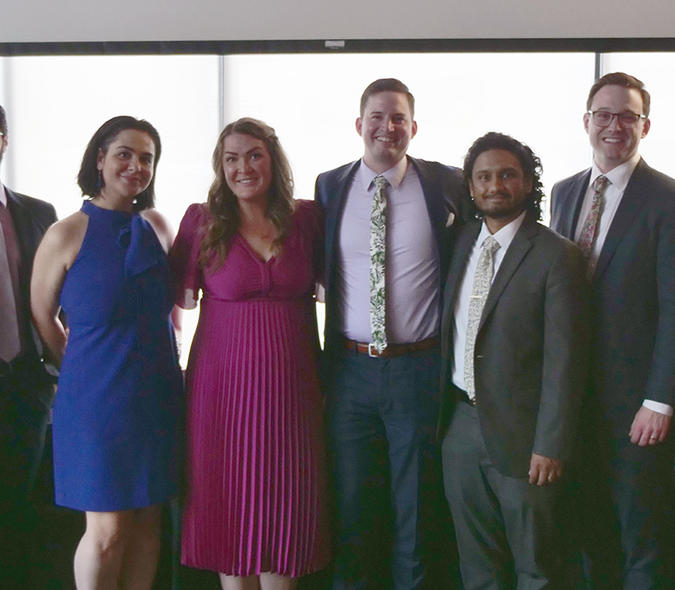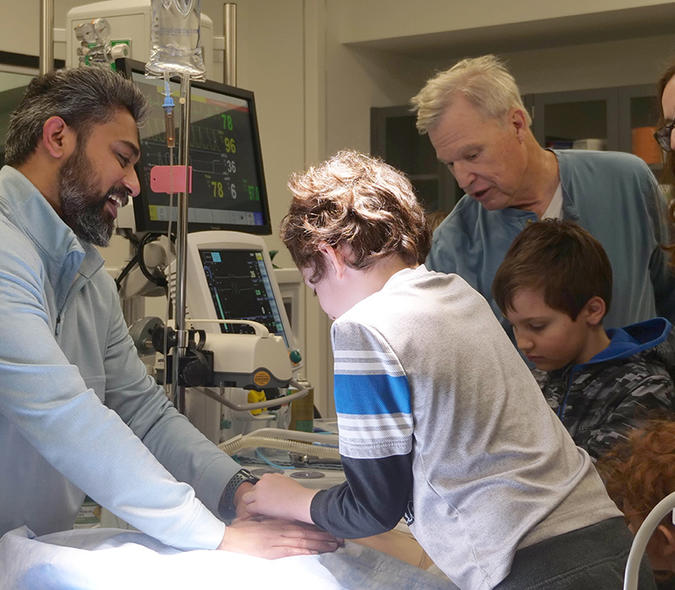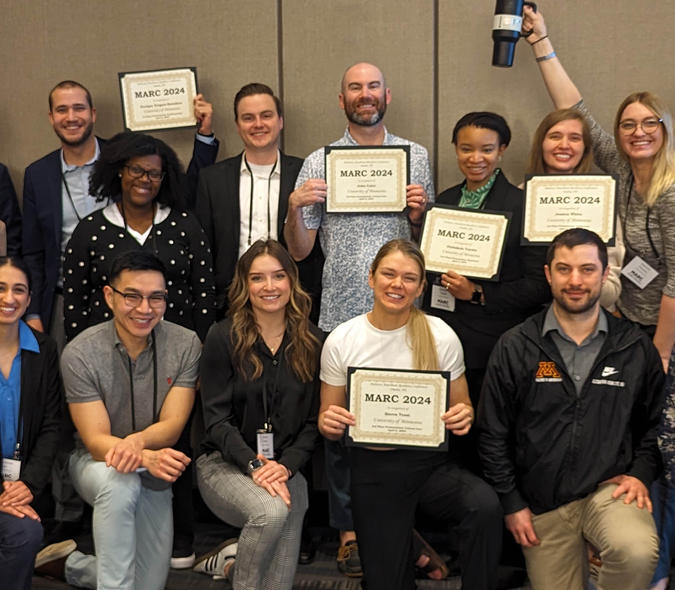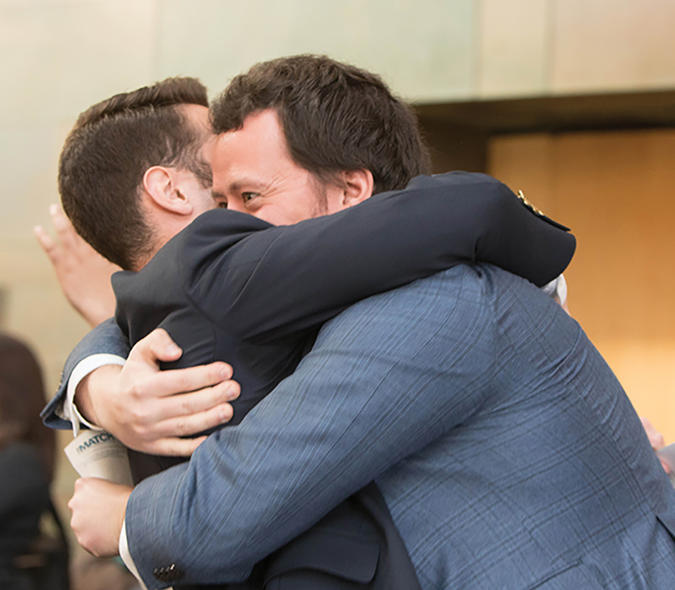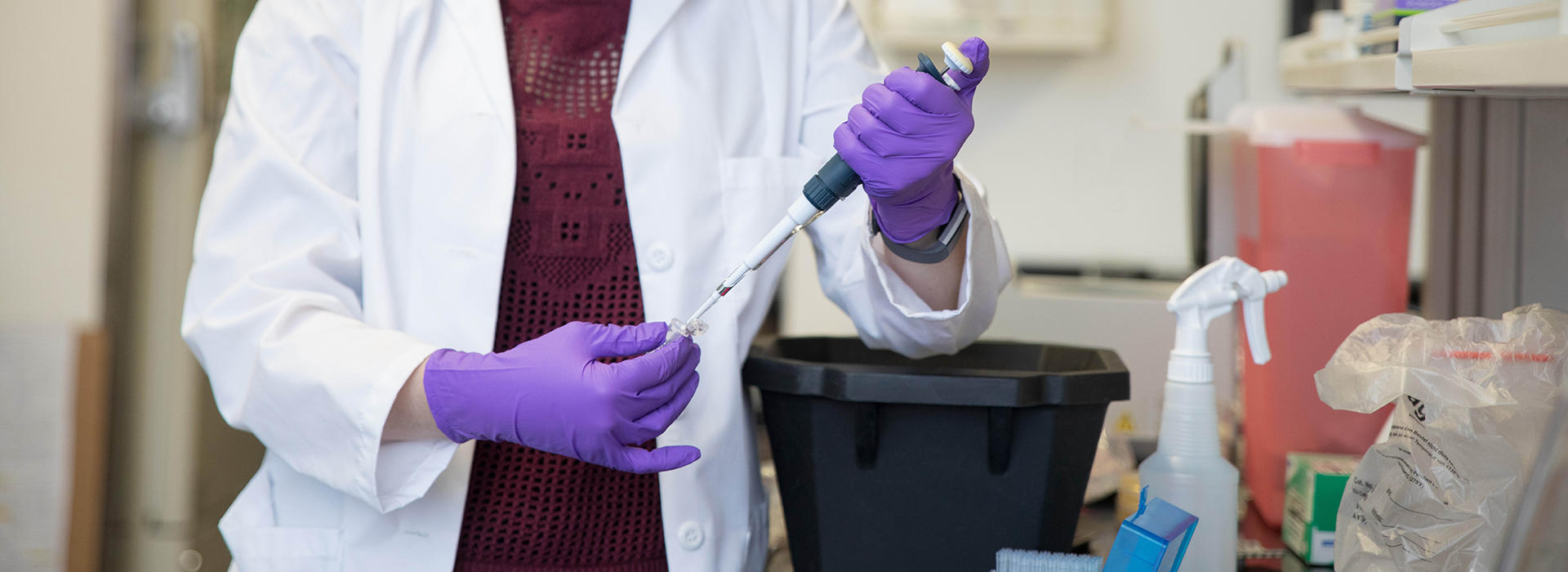
Medical Students Getting into the Anesthesia Lab
While some medical students are sure of what specialty they want to pursue in residency, others may find the decision challenging. Deciding where you want your medical career to go is a daunting task. There are a variety of specialties, each offering unique benefits and areas of expertise.
That decision can be further exacerbated by the lack of understanding and insight into a given specialty. One way the Department of Anesthesiology at the University of Minnesota is addressing this challenge is through the Medical Student Anesthesia Research Fellowship (MSARF).
The fellowship program offers current medical students resources to spend a summer focusing on anesthesia research, training in scientific methodology and techniques, and learning how to incorporate research into an academic medical career.
“This was a great experience to learn more about anesthesiology and will definitely help with my career discernment,” says Hluechy Vang, a fellow in the program. “The research and related public speaking skills will also be very useful as I move forward in my career. It was also a great networking opportunity as I was able to meet and talk with many faculty and residents in the department.”

Beyond providing useful insight into the specialty of anesthesiology, the fellowship aims to provide medical students valuable hands-on research experience to further their medical education and training. This experience, along with honing scientific techniques goes far when entering their residency after medical school.
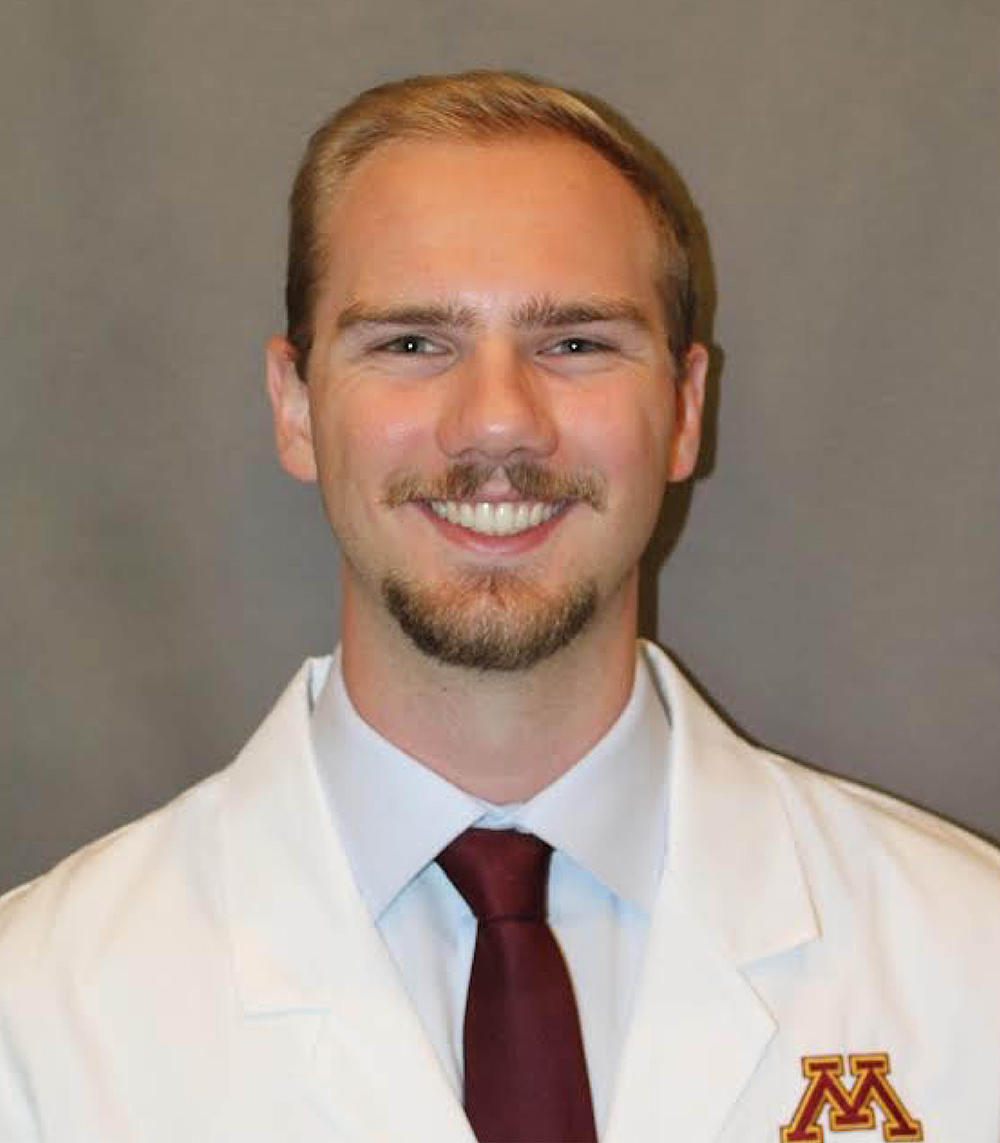
“I was able to learn how to go through a research project from start to finish. This process included how to begin literature searches to finally presenting a poster at a research conference. The short didactic sessions were extremely helpful as they taught basic insights on statistical analysis and how to be familiar with using statistical software,” says Gunnar Frahm, a second year medical student in the program.
Each fellow is paired with a faculty mentor to work alongside them on one of their research projects. Through mentorship and shadowing, fellows gain innate knowledge of scientific methodology and techniques. Fellows even have the opportunity to shadow faculty in the hospital on their clinical responsibilities.
“My faculty mentor was amazing. I was nervous to begin working with someone who is an expert in their field. However, my mentor was always supportive and took plenty of time to simplify concepts and walk me through problems. His enthusiasm for the field was infectious, igniting my own curiosity and making the research project enjoyable to work on.”
Combining the research experience, clinical shadowing and mentoring, the Medical Student Anesthesia Research Fellowship provides fellows a wide breadth of valuable experience and hands-on training to prepare medical students for a successful career in any specialty.
“It's a great opportunity to get some experience in the OR and to network. The mentorship was also incredibly valuable and the research experience will be applicable to whichever field you decide to go in,” says Vang.
Whether you're certain about a career in anesthesiology, still deciding on what specialty to declare, or just looking for research experience, the fellowship program is able to provide insight and opportunities to any applicant.
“If you think you'd enjoy research and you are looking for something more than just a research project, the MSARF program is for you as you'll be able to get exposure to shadowing and mentoring. My experiences in MSARF have been fantastic and I have really enjoyed my time with the program,” Frahm adds.
Those interested in learning more about the program and application process can find information on the medical student section of our website.
